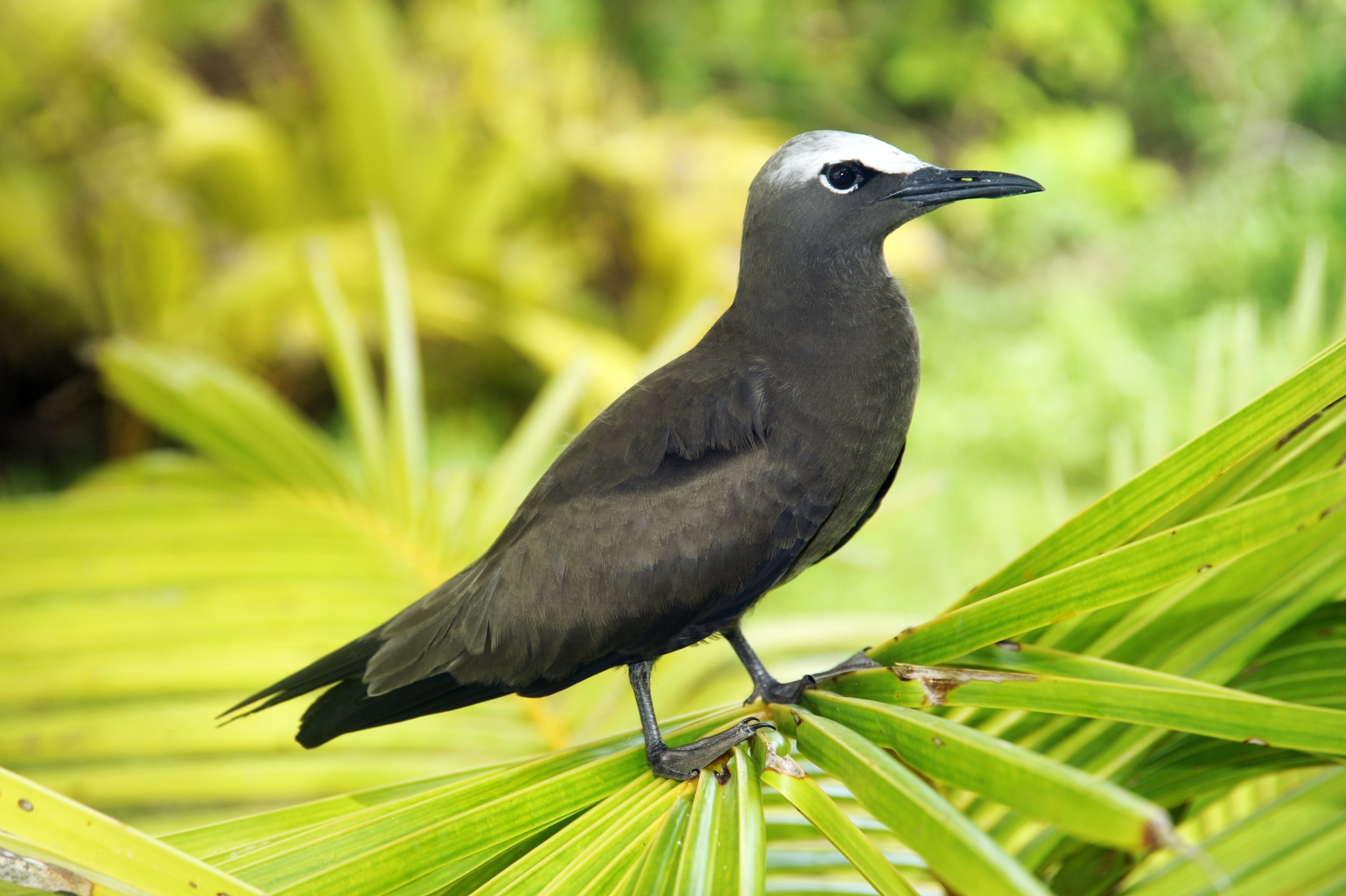
You've probably heard that global warming is killing the world's coral reefs. But higher temperatures aren't the only thing putting these incredible systems at risk. Invasive island rats are the latest enemy in the fight to protect coral reefs.
The flow of bird droppings that fertilize islands in the Indian Ocean's Chagos Archipelago is being stifled by greedy vermin who chomp on avian eggs and chicks, researchers wrote Wednesday in the journal Nature. The team also linked the presence of rats on an island to worse-performing coral reefs nearby.
The archipelago offers a rare opportunity to evaluate the impact of rats in a natural environment. During the 18th and 19th centuries, humans introduced the vermin to some of the islands, but not others. The rats, and their absence, came to shape the ecology of the region.
"The rats feed on bird eggs and chicks, decimating seabird numbers. Seabirds consequently learn to avoid islands infested by rats altogether," Nick Graham, study author and marine ecologist at Lancaster University, told Newsweek.
Graham's team measured bird populations, estimated seabird dropping volumes and probed concentrations of nitrogen on rat-infested and rat-free islands in the archipelago. Nitrogen isotopes offered a clue as to the chemical's source: locally-produced or spawned by seabird.
Seabirds like the booby, the noddy and the tern have become something of a rare sight on rat-infested islands. But on those free of the vermin, they still thrive. "We found bird numbers were [more than] 750 times lower on islands with rats," Graham said. These birds, researchers think, drop about 250 times more nitrogen on infestation-free islands.
Beyond the shrubs and soil on land, the team found seabird-sourced nitrogen in seaweed, turf algae, sea sponges and fish. This suggests the nutrient-rich faeces can seep beyond the islands themselves and into the sea and surrounding coral.
As well as more seabirds, less rats meant more fish and healthier coral reef systems. "In the absence of rats, fish biomass was 50 percent higher," Graham said. "And key ecosystem functions on coral reefs were [more than] three times higher."
The rat problem reaches far beyond the Indian Ocean. "Rats have been introduced to 90 percent of the world's island archipelagos," Graham said, "meaning these natural dynamics are interrupted frequently."
Read more: Great Barrier Reef: Can iconic coral system survive after heat wave kills one-third?
The effects of rat infestations are plainly visible, Stuart Sandin, a coral reef ecology expert from the University of California San Diego, told Newsweek. "I have seen the stark contrast between rat-free and rat-infested islands, the former with an incessant cacophony of seabird squawking and the latter with only [the] scurrying underbrush of rodent roadways," he said.
"This study highlights that such dramatic visuals are linked to dramatic ecological shifts of nutrient flow from land to sea."
Now more than ever conservationists and governments need to take action on coral health, Graham said. "At a time when coral reefs are being degraded by climate change and other stressors, tangible conservation measures such as this, that enhance coral reef productivity and functioning, should be high on the agenda."
Read more: What is Hantavirus? New Mexico woman dies of mysterious disease spread by rats
Eradicating the population of invasive rats is the simplest way to try and fix these damaged ecosystems and potentially help coral thrive, he added. "Ridding islands of rats will bring back seabirds, and bringing back seabirds will provide robust, knock-on benefits for the surrounding coral reefs," Sandin said. "The future fate of coral reefs is far from being sealed."
Uncommon Knowledge
Newsweek is committed to challenging conventional wisdom and finding connections in the search for common ground.
Newsweek is committed to challenging conventional wisdom and finding connections in the search for common ground.
About the writer
Katherine Hignett is a reporter based in London. She currently covers current affairs, health and science. Prior to joining Newsweek ... Read more
To read how Newsweek uses AI as a newsroom tool, Click here.








